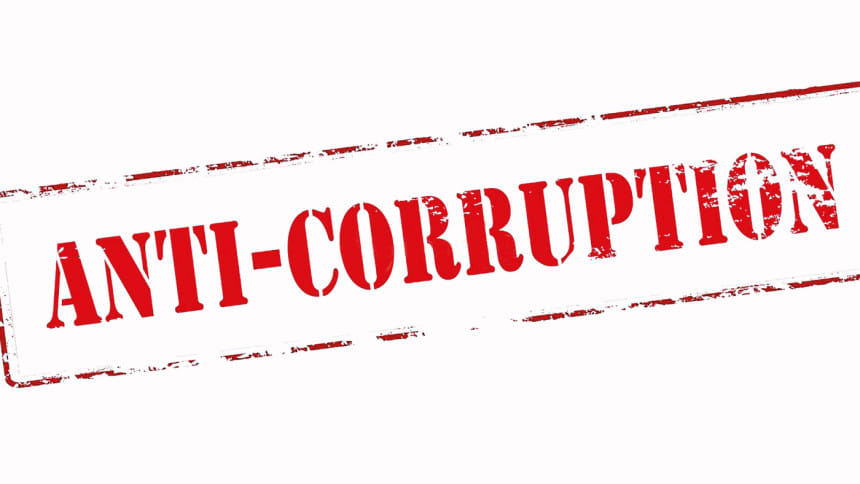Confiscation of illegal assets abroad

Bangladesh is party to the United Nations Convention against Corruption (UNCAC). On ratification, the UNCAC created legal obligations which have to be enforced by the executive branch and/or the judiciary of the state parties. Under the UNCAC Article 31, state parties have a duty under international law to confiscate the proceeds of crime. Article 51 of the UNCAC makes the return of assets which are proceeds of crime a fundamental principle of the UNCAC. As such, all proceeds of crime acquired by any citizen through the use of a corrupt scheme are to be returned to the state of such citizen.
Article 53 mandates provisions for the direct recovery of corruption-accrued assets, including laws permitting private civil causes of action to recover damages owed to victim states and the recognition of a victim state's claim as a legitimate owner of stolen assets. Article 54 requires state parties to give effect to any confiscation order for corruption proceeds issued in another state party, and to "consider taking such measures as may be necessary to allow confiscation…without a criminal conviction."
The Court also observed that politically influential persons and government officials who illegally enrich themselves through the abuse of power, and unscrupulous investors who facilitate such corruption, deprive the respective State of its property and hinder the economic development of the country.
As a legally binding international anti-corruption agreement, UNCAC provides a comprehensive set of measures to be implemented by state parties to prevent, combat, and prosecute corruption. UNCAC requires their state parties to enable confiscation of instrumentalities, proceeds, and property of corresponding value to proceeds of convention offences. UNCAC calls for national efforts to criminalise conduct and to prevent criminals from gaining profit, the most frequent motivation for the crime. An effective deterrent against corruption is the seizure, confiscation and return of the proceeds of corruption. UNCAC contains elaborate mechanism and procedure for seizure, confiscation and return of assets.

There are several court decisions in Bangladesh, Pakistan and India in support of confiscating the assets of the accused as per the principles laid down in UNCAC.
In the case of Dr. Mobashir Hassan and Others v Federation of Pakistan (PLD 2010 Supreme
Court 265), the Supreme Court of Pakistan, while discussing the corruption and confiscation,
agreed with the following: "in perusal of UN Convention Against Corruption indicates that the state had responsibility to develop and implement or maintain effective, coordinated anticorruption policies; to take measures to prevent money laundering; to take measures for freezing, seizure and confiscation of proceeds of crime, derived from offences established in accordance with the Convention, or the property the value of which corresponds to that of such proceeds, property, equipment or other instrumentalities used in or destined for use in offences established in accordance with the Convention; State parties shall consider assisting each other in investigations of and proceedings in civil and administrative matters relating to' corruption; as well as affording to one another the widest measure of mutual legal assistance in investigations, prosecutions, and judicial proceedings in relation to the offences covered by the Convention; prevention and detection of transfers of proceeds of crime." In Biswanath Bhattacharya v. Union of India (UOI) AIR (2014) SC 1003, the Supreme Court of India discussed the confiscation of proceeds of crime as the following: "If a subject acquires property by means which are not legally approved, sovereign would be perfectly justified to deprive such persons of the enjoyment of such ill-gotten wealth. There is a public interest in ensuring that persons who cannot establish that they have legitimate sources to acquire the assets held by them do not enjoy such wealth. Such a deprivation, in our opinion, would certainly be consistent with the requirement of Article 300A and 14 of the Constitution which prevent the State from arbitrarily depriving a subject of his property."
The Bangladesh High Court Division's bench of Ms. Justice Naima Haider and Mr. Justice Abu Taher Md. Saifur Rahman in the Writ Petition No. 5673 of 2016 have expressed the same view that Bangladesh has a duty under international law, as laid out in Article 31 of the UNCAC, to confiscate the proceeds of crime. Article 51 of the UNCAC makes the return of assets, which are proceeds of crime, a fundamental principle of the UNCAC. The Court also observed that politically influential persons and government officials who illegally enrich themselves through the abuse of power, and unscrupulous investors who facilitate such corruption, deprive the respective State of its property and hinder the economic development of the country. The laws of Bangladesh envisage the creation of a fair and just society in which crime does not pay.
It is now up to policy makers whether Bangladesh will perform its legal duty as signatory of UNCAC and as per the observation of High Court of Bangladesh to use UNCAC to recover the assets shifted to other countries by many citizens.
The writer is a Non-Government Adviser for Bangladesh Competition Commission.

 For all latest news, follow The Daily Star's Google News channel.
For all latest news, follow The Daily Star's Google News channel. 



Comments